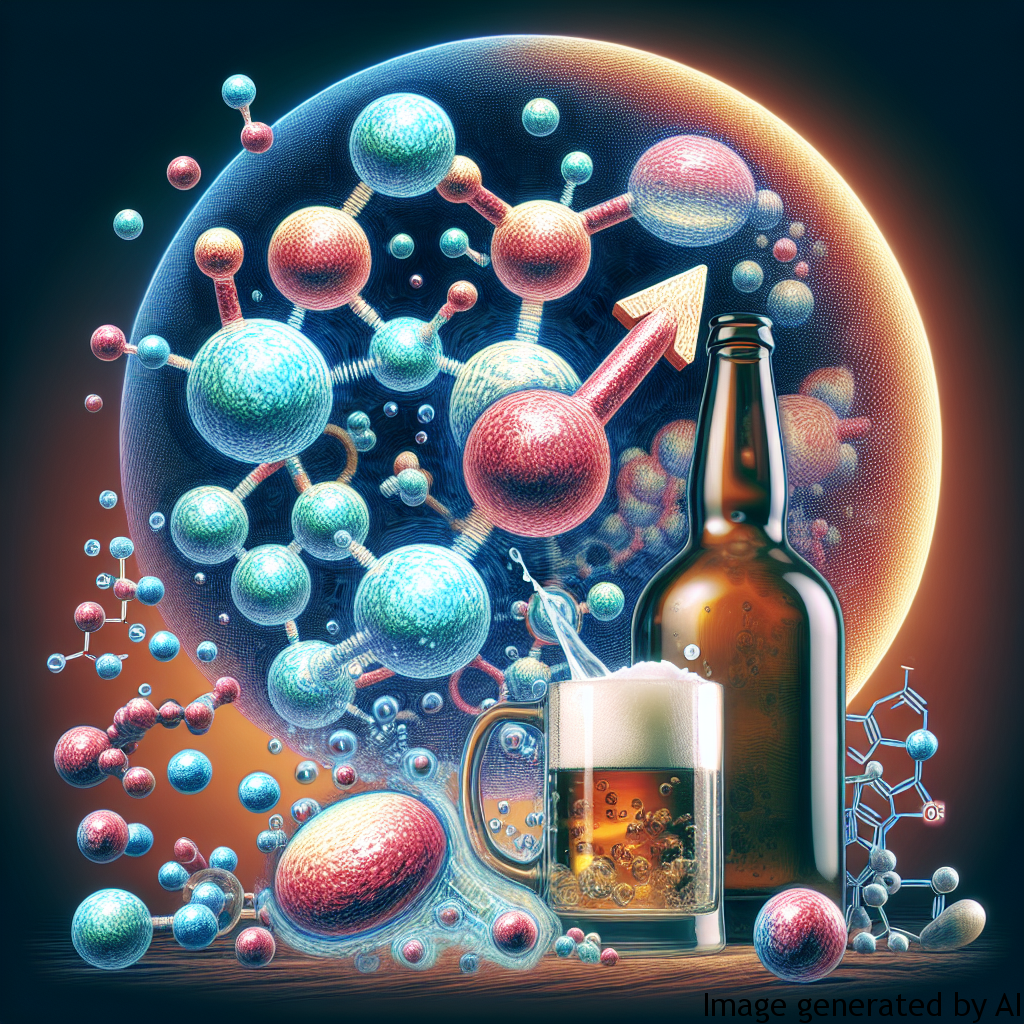Introduction
Alcohol consumption, particularly chronic or heavy intake, can have far-reaching effects on the human body, influencing almost every organ function and significantly altering biochemical processes. Several investigations suggest alcohol can have profound effects on male endocrine system, particularly testosterone, the primary male sex hormone. Understanding this interaction is necessary, considering the wide societal acceptance of alcohol use and the critical roles of testosterone in male health.
Gender Expectations and their Influence on Men’s Mental Health
The Influence of Societal Expectations
Gender stereotypes and societal expectations on masculinity can put men under immense pressure, further encouraging behaviors that harm physical and mental health. Masculinity is often socially linked with control, power, and invulnerability, which can cause many men to ignore signs of health issues or delay seeking help. This delay in seeking assistance particularly holds for mental health conditions.
Alcohol, Masculinity, and Mental Health
Alcohol use is commonly associated with masculinity, essentially viewed as a badge of manliness. This association further suggests that men may use alcohol as a coping mechanism, leading to a cyclical pattern of alcohol use and mental health deterioration. Alcohol damages the endocrine system, causing a decrease in testosterone levels in men. Reduction in testosterone levels can lead to symptoms such as depression, fatigue, and decreased libido, which further worsen mental health.
Examples of How Gender Roles Can Affect Men’s Lives
Adherence to traditional gender roles and societal pressures can negatively influence men’s behaviors and lifestyle choices, including risky behaviors like excessive drinking. Men may consider alcohol consumption a demonstration of their masculinity, leading to harmful drinking patterns. As alcohol affects hormonal balance, particularly testosterone levels, this can lead to a host of health issues, including depression, heart disease, liver disease, and in severe cases, alcohol dependence or addiction. Hence, gender roles and societal expectations indirectly propel some men towards unhealthy lifestyle choices and potential health risks.
Tips for Improving Men’s Mental Health with Consideration of Gender Roles
Improvement in men’s mental health needs a strategic, multifaceted approach. Destigmatizing help-seeking behavior and encouraging open conversations about mental health can be beneficial. Encouraging moderation and responsible drinking, coupled with public health campaigns can help change societal perceptions around alcohol and masculinity. Professional consultation should be sought to manage any alcohol-related health issues. Suitable interventions such as cognitive-behavioral treatments can aid in managing problematic drinking while addressing related mental health concerns. A focus on healthy lifestyle promotion, regular exercise, balanced diet, and avoidance of alcohol abuse can contribute to overall well-being while maintaining hormonal balance.
Conclusion
Understanding the impact of alcohol on male hormones is critical, given the potential repercussions it holds for men’s health. Societal norms and gender roles, especially around alcohol use and masculinity, can further compound these effects. Acknowledging and addressing these issues is paramount for improving men’s health outcomes. It is vital to promote healthier lifestyle choices while challenging harmful stereotypes and expectations related to masculinity and alcohol use.

